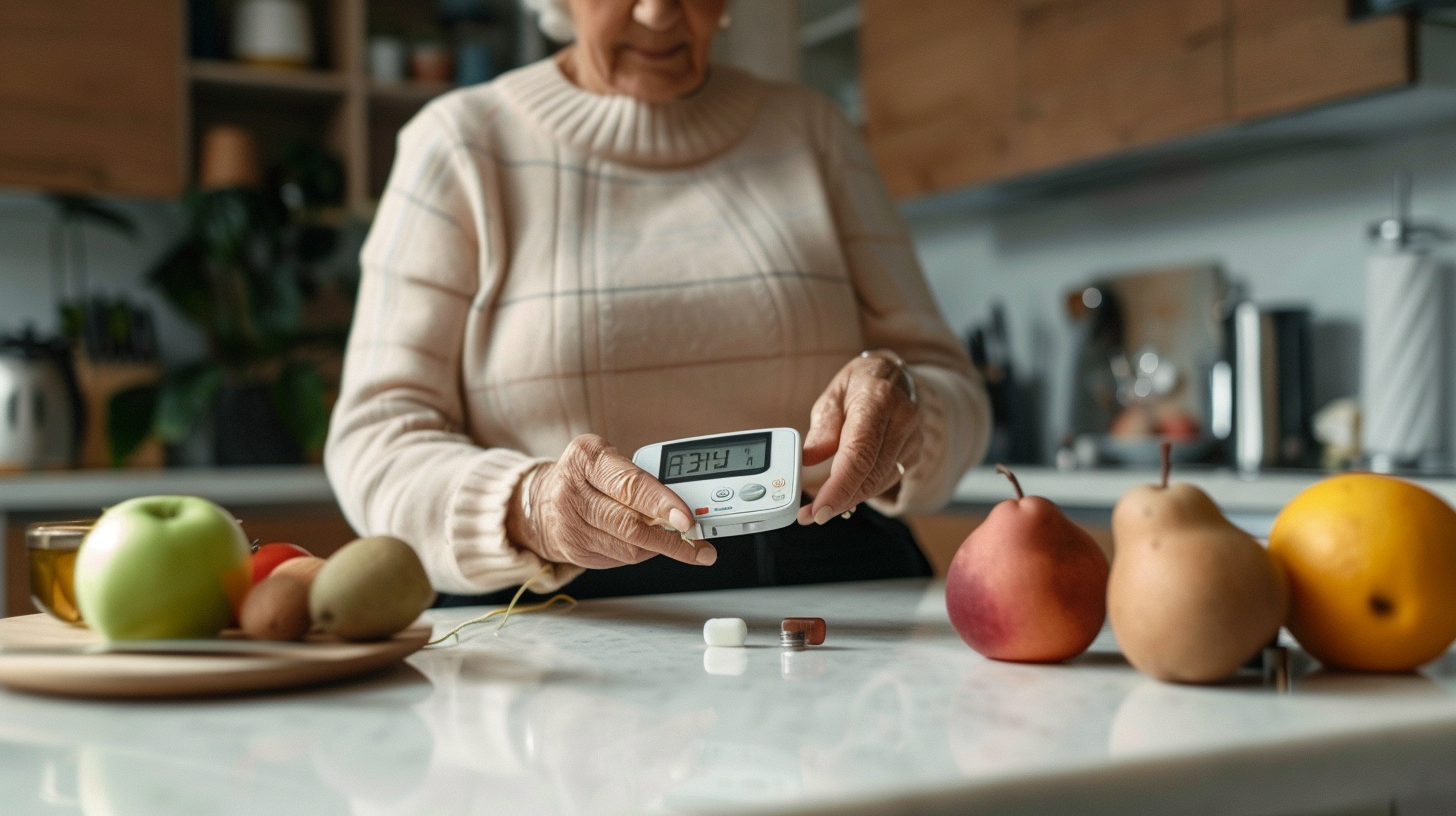
Low blood sugar, or hypoglycemia, is a condition that occurs when the glucose levels in your blood drop below normal. This can happen for various reasons, such as skipping meals, over-exercising, or taking too much insulin. Understanding the telltale symptoms of low blood sugar is crucial for timely intervention and prevention of severe complications. In this article, we will explore the symptoms of low blood sugar, the potential causes, and how to manage and prevent this condition.
Understanding Blood Sugar Levels
Blood sugar, or blood glucose, is the main type of sugar found in your blood and your body’s primary source of energy. It comes from the food you eat and is regulated by the hormone insulin, which is produced by the pancreas. Normal blood sugar levels typically range from 70 to 100 mg/dL (milligrams per deciliter) when fasting and up to 140 mg/dL two hours after eating.
Causes of Low Blood Sugar
Several factors can cause low blood sugar, including:
- Skipping Meals or Delaying Eating: When you skip meals or do not eat on time, your body does not receive the necessary glucose, causing blood sugar levels to drop.
- Excessive Physical Activity: Engaging in intense exercise without adjusting your food intake or medication can lead to low blood sugar.
- Medication Overdose: Taking too much insulin or other diabetes medications can significantly lower blood sugar levels.
- Alcohol Consumption: Drinking alcohol, especially on an empty stomach, can interfere with your liver’s ability to release glucose into your bloodstream.
- Certain Medical Conditions: Conditions like Addison’s disease, hypothyroidism, and some liver diseases can affect blood sugar regulation.
Common Symptoms of Low Blood Sugar
Low blood sugar can present a range of symptoms, from mild to severe. Recognizing these symptoms early can help you take appropriate action.
Mild Symptoms
- Shakiness: Feeling jittery or trembling is often one of the first signs of low blood sugar.
- Sweating: Excessive sweating, particularly cold sweats, can indicate a drop in blood glucose.
- Hunger: Intense hunger, especially for sugary foods, is a common symptom.
- Dizziness: Feeling lightheaded or dizzy can occur when blood sugar levels drop.
Moderate Symptoms
- Confusion: Difficulty concentrating, memory lapses, or feeling mentally foggy are signs of moderate hypoglycemia.
- Irritability: Mood swings, including sudden anger or sadness, can result from low blood sugar.
- Weakness: Feeling weak or having a lack of energy can indicate a significant drop in blood glucose.
- Blurred Vision: Changes in vision, such as blurriness or double vision, can occur with moderate hypoglycemia.
Severe Symptoms
- Seizures: Severe hypoglycemia can lead to seizures or convulsions.
- Unconsciousness: Extremely low blood sugar levels can cause fainting or loss of consciousness.
- Inability to Eat or Drink: In severe cases, a person may be unable to swallow food or beverages.
Diagnosing Low Blood Sugar
If you suspect you have low blood sugar, it is essential to measure your blood glucose levels using a glucometer. A reading below 70 mg/dL typically indicates hypoglycemia. However, symptoms can vary between individuals, and some may experience symptoms at higher blood sugar levels.
Immediate Treatment for Low Blood Sugar
Treating low blood sugar promptly is crucial to prevent severe complications. Here are some steps you can take:
- Consume Fast-Acting Carbohydrates: Eat or drink something with about 15 grams of fast-acting carbohydrates, such as glucose tablets, fruit juice, or regular soda. Avoid foods with fat or protein, as they can slow down glucose absorption.
- Recheck Blood Sugar Levels: After 15 minutes, recheck your blood sugar. If it is still low, consume another 15 grams of fast-acting carbohydrates.
- Follow Up with a Snack: Once your blood sugar is back to normal, eat a small snack that includes protein and complex carbohydrates to stabilize your levels.
- Avoid Driving: If you experience low blood sugar while driving, pull over and treat your symptoms before continuing.
Preventing Low Blood Sugar
Preventing low blood sugar involves lifestyle and medication management. Here are some strategies to consider:
- Regular Monitoring: Frequently check your blood sugar levels, especially if you are taking insulin or other diabetes medications.
- Eat Balanced Meals: Ensure your meals and snacks include a balance of carbohydrates, proteins, and fats to maintain stable blood sugar levels.
- Adjust Medication: Work with your healthcare provider to adjust your medication dosage as needed, especially during periods of increased physical activity or illness.
- Carry Snacks: Always have a snack with you, especially if you are prone to hypoglycemia.
- Limit Alcohol: Drink alcohol in moderation and never on an empty stomach.
When to Seek Medical Attention
If you experience frequent episodes of low blood sugar or severe symptoms, it is essential to seek medical attention. Your healthcare provider can help identify the underlying cause and adjust your treatment plan to prevent future occurrences.
Conclusion
Understanding the telltale symptoms of low blood sugar is vital for anyone at risk of hypoglycemia, particularly those with diabetes. Early recognition and prompt treatment can prevent severe complications and improve your quality of life. By monitoring your blood sugar levels, maintaining a balanced diet, and working closely with your healthcare provider, you can effectively manage and prevent low blood sugar episodes. Stay informed, stay prepared, and take control of your health.
References
- American Diabetes Association. (n.d.). Hypoglycemia (Low Blood Sugar). Retrieved from American Diabetes Association
- Mayo Clinic. (2022). Hypoglycemia. Retrieved from Mayo Clinic
- National Institute of Diabetes and Digestive and Kidney Diseases. (2021). Hypoglycemia. Retrieved from NIDDK
By staying vigilant and proactive, you can manage your blood sugar levels effectively and lead a healthier life.






Leave a Reply